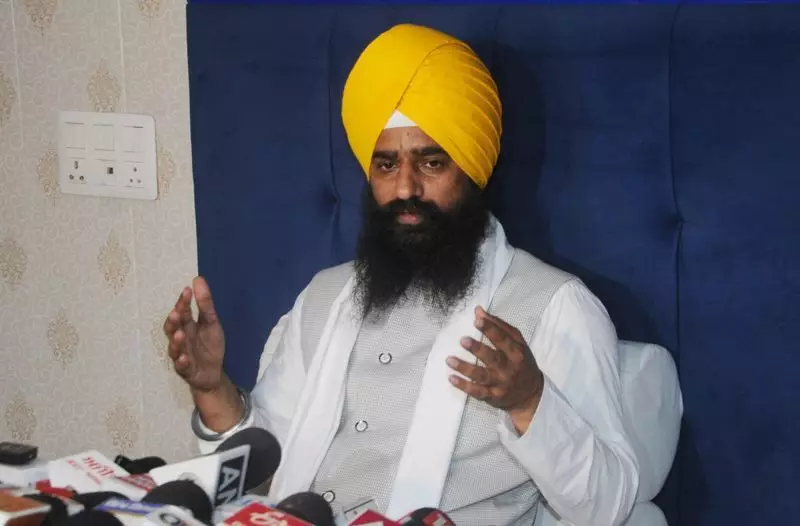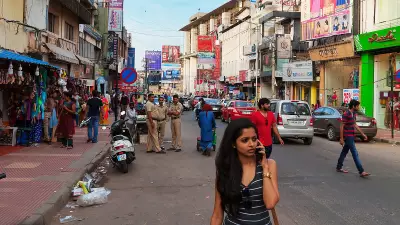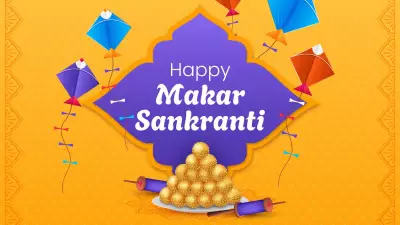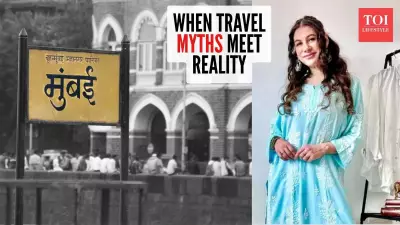
The Shiromani Gurdwara Parbandhak Committee (SGPC) has officially clarified that seven Hindu individuals who recently returned from the India-Pakistan border were not part of their organized pilgrimage group. This statement comes amid growing controversy surrounding pilgrims using the Kartarpur Sahib corridor.
Official Clarification from SGPC Leadership
Gargaj Singh, the additional secretary of SGPC, made the official declaration on Monday, explicitly stating that the seven Hindu pilgrims did not travel as part of the committee's jatha (organized group). The clarification was issued to address circulating rumors and misinformation about the composition of pilgrims using the religious corridor.
The SGPC official emphasized that their records clearly show these individuals were not included in the official delegation that the committee had organized for pilgrimage to Kartarpur Sahib. This distinction became necessary after questions arose about the nature of pilgrim movements across the border.
Border Return Incident Details
The controversy began when seven Hindu pilgrims returned from the India-Pakistan border area, raising questions about their travel arrangements and authorization. The incident occurred at a sensitive time when religious pilgrimages through the Kartarpur Sahib corridor have been under increased scrutiny.
Gargaj Singh's statement served to distance the SGPC from any unauthorized border crossings while reaffirming the committee's commitment to properly organized religious tourism. The SGPC maintains strict protocols for organizing pilgrim groups to ensure compliance with international travel regulations between India and Pakistan.
Broader Implications for Religious Tourism
This clarification highlights the ongoing challenges in managing cross-border religious tourism between India and Pakistan. The Kartarpur Sahib corridor remains a vital religious passage for Sikh pilgrims visiting one of their holiest sites, but the mechanism occasionally faces administrative and political hurdles.
The SGPC's prompt response demonstrates the organization's effort to maintain transparency in its operations and prevent any potential misunderstandings that could affect the future of the religious corridor. The committee has consistently worked to ensure that pilgrimages remain smooth and controversy-free for all devotees.
As religious tourism continues to evolve in the region, such clarifications become increasingly important for maintaining diplomatic relations and ensuring that spiritual journeys remain focused on their religious purpose rather than becoming entangled in political or administrative controversies.





